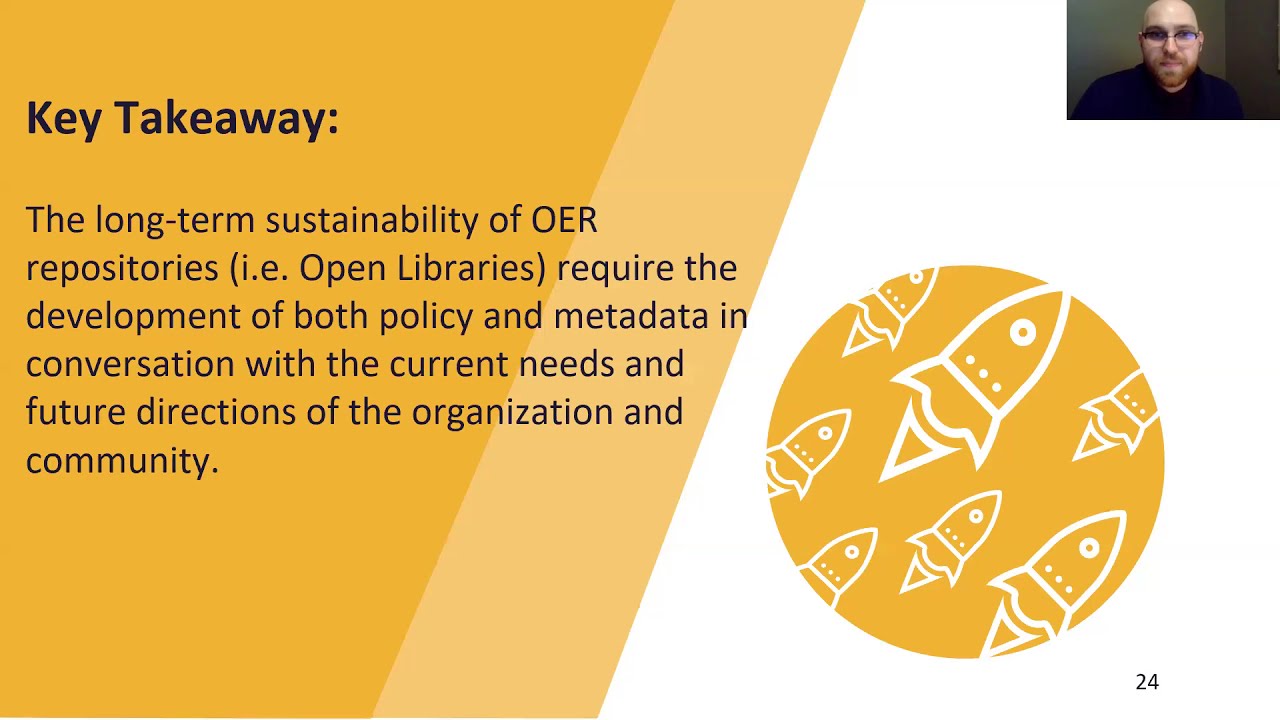Authors: Vanja Stojanovic, Samantha Daniels
Institution: eCampusOntario
Country: Canada
Topic: Applications of Open Education Practices/Open Pedagogy/Open Education Research
Sector: Higher Education
UNESCO Area of Focus: Building capacity
Session Format: Presentation
Abstract
As a response to the global challenges of transitioning to online learning, eCampusOntario launched a mediated deposit pilot in June 2020 with the aim of growing the Open Library collection, effectively pivoting from a passive OER submission model to an actively engaged collections strategy. This presentation demonstrates the strategic alignment of two foundational initiatives during the “Summer of Open” that facilitated informed, proactive organizational decision-making and supported the sustainable growth of the library collection beyond the pilot.The first initiative includes the design and creation of an OER collection development policy in support of both organizational goals and that of Ontario’s OER community. Although this type of policy is common in institutional library settings, very few exist for OER repositories, let alone any that are specific to active collection development. Developing an OER-specific collection policy provided a unique opportunity to explore how such a document can provide guidance for the effective deposit of curricular resources and facilitate the sustainable growth of an OER collection. The presentation will speak to the policy’s creation, underscoring its value as a living community document that reflects provincial, national, and ultimately, global Open Education priorities and practices.
The second initiative was the development of an enhanced metadata application profile. As a means to standardize the description of the information that is stored about the resources in our Open Library collection (ex. title, author), the application profile also led to an investigation of the greater OER landscape. With metadata as the foundational tool for supporting enhanced service offerings (such as advanced search functionality, cross-repository metadata harvesting, and MARC21 format integration), all work to ensure the usage and application of metadata in compliance with global, local and community standards permits future integration of these functions and mediates the Open Library’s sustainable growth. As such, the metadata application profile not only reflects the collection development policy, but also highlights the possible future directions in which the policy may evolve.
With OER collection growth and improved resource discovery as the ultimate goals of these projects, developing them in tandem facilitated the necessary conversations that ensured the library policy and technical infrastructure supported and enhanced one-another. These conversations resulted in two collaborative and mutually-informed documents, where each project built upon and facilitated the development of the other: the collection development policy characterizes the present landscape of the library collection, serving the needs of Ontario’s educators, while the metadata application profile details possible future directions for metadata-enabled library services. Together, the two documents identify the gaps that exist between present and possible future directions and act as a guide for strategic decision-making to support sustainable growth of the Open Library’s collection and infrastructure.
This presentation will share the development of these documents and the spontaneous conversations about policy decisions, future directions, and strategies for mitigating barriers to repository deposit, access and use that led to a collaborative and integrated effort to the benefit of eCampusOntario and the greater community.
Keywords
Collection development policy, Metadata application profile, Mediated deposit


